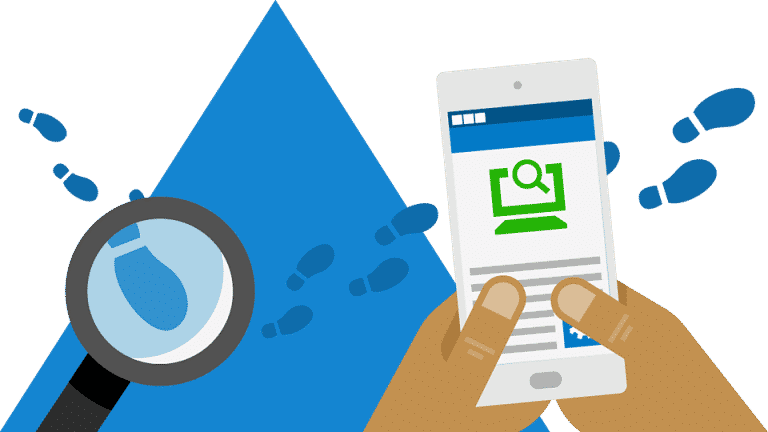Whether it’s the government or the big tech giants, it seems like everyone is trying to harvest data about how you use the Internet. Facebook and Google collect a huge amount of information on pretty much everyone who uses their services even if they don’t have an account with them. Sometimes, the order to violate your privacy comes from groups that are larger than even these.
For instance, the European Union’s proposed legislation could hypothetically censor webmasters everywhere in the world under the guise of enforcing intellectual property protections. If you want to make sure you’re still free to use the Internet without everyone glaring over your shoulder, then there are a few simple steps you can take to protect yourself online.
Contents
Use Alternative Search Engines
Even if you never signed up for a Gmail account and don’t log into Google, it’s parent company is probably still tracking you. Alphabet Inc., which also owns YouTube and a number of other services, store information about each search that goes through any of their portals.
Users of any Google-branded mobile apps are also subject to this kind of monitoring. Alphabet’s management claims they’re only using the information to track people for demographic purposes, which is a polite way of saying that they want to create specific advertising profiles assigned to browser tracking cookies.
British iOS users sued the company over this kind of monitoring, but you can take action yourself. Use an alternative search engine that has a better privacy policy. DuckDuckGo and Ecosia, for instance, pledge not to share user information with outside organizations.
Pay for Goods & Services with Cryptocurrencies
While cryptocurrencies have taken a lot of heat lately because of malware designed to mine for them, the media seems to be missing the point. When you use a credit card or a service like PayPal to shop online, you’re revealing at least your name and the company you’re buying from can now associate your name with a profile they might be building about your buying habits.
All private cryptocurrencies currently deployed online only use serial numbers to track payments. This means that in the future, no one else can take a look at billing stubs and figure out what items you’ve bought. Advertisers these days somewhat illegally pay large sums of money to harvest data like this so they can create specialized ad campaigns that target individual users.
Product research tools like ASINspector and Jungle Scout are widely used by online shopping cart developers to track your behavior in the hopes of selling more goods to you. While you might think this is innocuous, think about what might happen if a rogue member of an online store’s IT department made copies of the files that stored this information as well as the encryption key to unlock it.
They’d know an awful lot about your buying habits. Since they’re already breaking the law, they probably wouldn’t feel too guilty about selling it to the highest bidder. If this sounds like a science fiction plot, then consider the fact that system administration guides actually warn about the possibility of this happening.
Hide Behind a Virtual Private Network
Even if you’ve never considered a VPN before, you really need to. Virtual private networks funnel your online requests through a remote server. If you’re in an area that blocks YouTube or other social video sites, then this is an excellent way to watch them by tricking the remote server into thinking you’re in a different geographical area.
Considering the EU’s new law, VPN technology is set to become one of the most important ways to protect privacy and circumvent legislative challenges in the next few years. Since pages you visit through a VPN see the network’s IP address instead of your own, you can’t get associated with browsing history when you’re using one.
Your browser probably already comes with support for this technology built-in. Even if it doesn’t, though, most providers offer extensions or a code snippet that will get you up and running in no time. Some people think that getting a VPN up and running is difficult, but it’s not any more difficult than setting any other browser option.
VPN technology can even help circumvent ISP and LAN blocks that might keep you from visiting certain sites when you’re connected to a public network.
Protecting Your Privacy
Some commentators insinuate that we’re now living in a post-private society. Don’t buy into this kind of thinking. Taking action today can drastically reduce how much information companies collect about you tomorrow. Considering the prospect of rogue employees or government agents stealing data, it can also keep you safe against identity theft.

